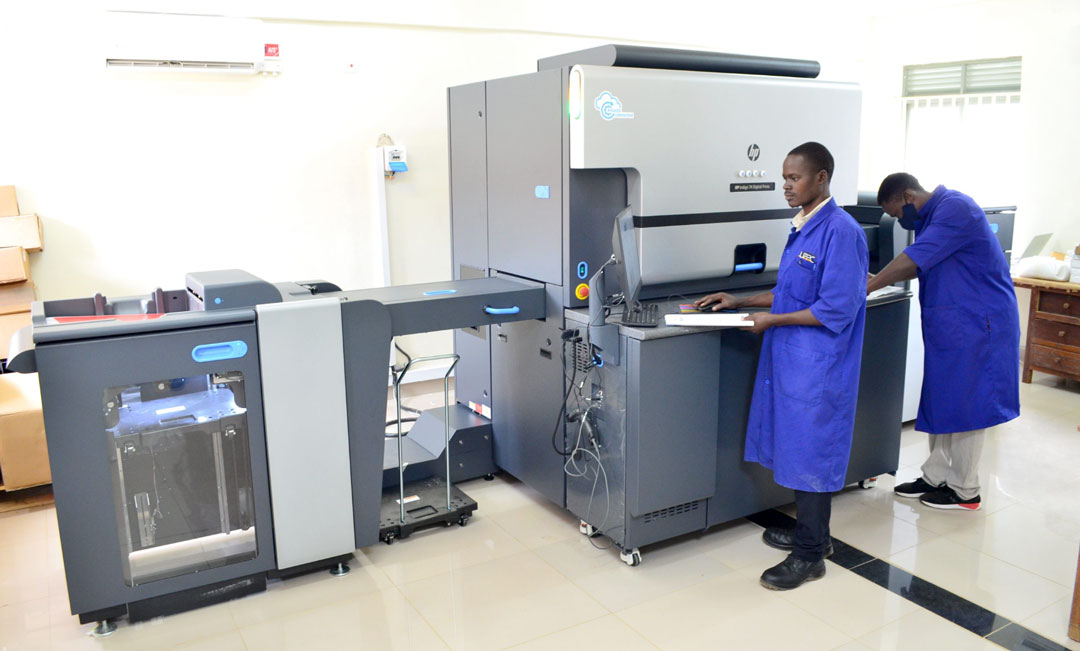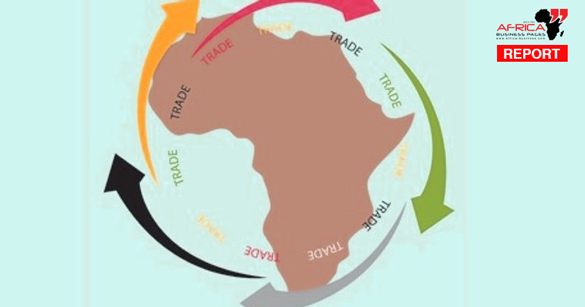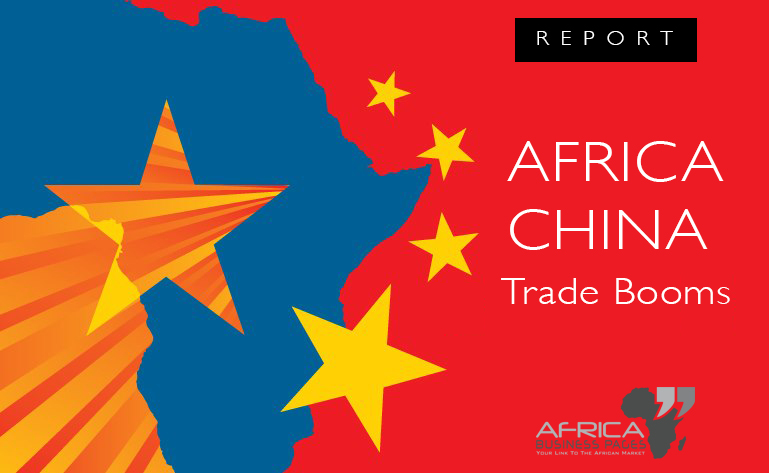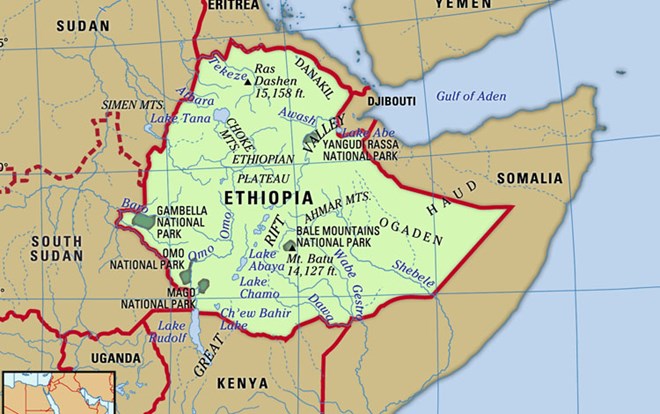Africa's Print Industry: New Opportunities
Africa is indeed experiencing a significant shift towards digital printing, which is quickly overtaking conventional analog printing in various sectors such as packaging, advertising, and publishing. This trend is not only transforming the printing industry but also creating long-term revenue opportunities for businesses operating in these fields.
There are indeed an estimated 2,000 commercial printing companies operating in Africa, ranging from small and medium-sized enterprises (SMEs) to micro-enterprises. These companies play a vital role in the printing industry, catering to a diverse range of clients and providing a wide array of services.
In addition to the commercial printing companies, there are approximately 1,000 other companies in Africa that offer pre-press and post-press services. Pre-press services involve activities such as layout and design, which are crucial in ensuring that the final printed product meets the client's expectations. On the other hand, post-press services encompass various processes including binding and finishing, which give the printed materials their final touch.
The presence of such a significant number of printing and related service providers across Africa reflects the growing demand for printing services in various sectors.

Digital Printing in Africa
The rise of digital printing in Africa is fueled by several factors. Firstly, digital technology offers greater flexibility and customization options, allowing businesses to cater to the specific needs and preferences of their clients. Digital printing also enables faster turnaround times, as it eliminates the need for cumbersome plate-making processes required in traditional printing methods. This speed and agility are particularly beneficial in industries requiring quick production, such as advertising.
Among the different digital printing techniques, laser printing holds immense potential for further expanding the adoption of digital technology in Africa. Laser printers offer high-quality, precise prints with sharp details, thereby making them ideal for various applications. Moreover, laser printers are well-suited for producing a wide range of materials, including brochures, labels, and packaging materials, just to name a few. This versatility positions laser printing as a key driver in the continuous growth of the digital printing environment in Africa.
As the digital printing industry continues to evolve and gain momentum in Africa, it is expected to bring about numerous advantages. For instance, digital printing can significantly reduce waste by allowing businesses to print the exact quantity required, thereby minimizing excess inventory. Additionally, it enables the personalization of printed materials, helping businesses create more engaging and targeted content for their audiences.
In conclusion, the rapid development of digital printing in Africa, especially in packaging, advertising, and publishing sectors, presents exciting opportunities for businesses to embrace new revenue streams. With laser printing leading the way, the digital printing environment in Africa is poised for further growth and innovation.
Africa's Print Industry
As per the latest reports, the global printing market is experiencing steady growth, with optimistic projections for the coming years. In 2021, the market size was estimated to be $311.53 billion, and it is expected to reach $322.43 billion by the year 2022, indicating a compound annual growth rate (CAGR) of 3.5%. This growth trajectory is expected to continue, as the printing market is projected to further expand to $350.2 billion by 2026, with a CAGR of 2.1%.
Dramatic rises in commercial printing are significantly attracting local and international players to invest in the African market, according to Transparency Market Research in a report on Africa’s printing market.
It's worth noting that the growth in the global printing market is not limited to specific regions. Even in Africa, the printers market is expected to experience substantial growth, with an estimated value of over US$ 235.3 million by the end of 2031. This indicates a promising future for printing in Africa, as it presents ample opportunities for industry players to tap into a growing market and seize these emerging possibilities.
These figures reflect the dynamic nature of the printing industry, which continues to evolve and adapt to the changing needs and demands of businesses worldwide. With the advent of new trends and technologies, the printing industry is witnessing a paradigm shift in how printing services are offered and consumed. From innovative printing techniques to the integration of cutting-edge digital solutions, the industry is embracing these advancements to enhance productivity and provide more efficient printing solutions.

3D Printing in Africa
With the convergence of new trends and technologies, the printing industry is poised for a transformative journey ahead. From 3D printing and variable data printing to eco-friendly printing methods, the sector is at the forefront of innovation. This evolution is driven by the increasing demand for personalized printing solutions, sustainable practices, and efficient production processes.
The printing industry's growth globally and within Africa signifies the industry's resilience and willingness to embrace advancements in order to meet the evolving needs of businesses and consumers. As trends and technologies continue to shape the future of printing, the industry is well-positioned to unlock new opportunities and drive further innovation in the years to come.
Print Service Providers in Africa
Cybersecurity has emerged as one of the top priorities for businesses across various industries, as they continue to grapple with the aftereffects of the pandemic. In this new era, where remote work and digital transformation have become the norm, organizations must be vigilant in safeguarding their systems and data against cyber threats.
Within the realm of print services, Print Service Providers (PSPs) will need to give utmost importance to print security in the coming years. As PSPs often handle print projects involving multiple stakeholders, the risk of security breaches increases exponentially. With the rise of hybrid work environments, where employees alternate between working remotely and in-office, new challenges have arisen when it comes to ensuring the security of sensitive information.
Hackers and malicious actors have become increasingly sophisticated in their cyberattack techniques, constantly adapting and adopting innovative methods to exploit vulnerabilities within organizational networks. This ever-evolving landscape poses a significant threat to the confidentiality, integrity, and availability of crucial data and systems.

To tackle this growing menace, PSPs must adopt a proactive and comprehensive approach to print security. This involves implementing robust security measures, such as encryption protocols, secure file transfers, and access controls, to safeguard sensitive information throughout the entire print workflow. Additionally, regular security audits and vulnerability assessments can help identify and address any potential weaknesses or loopholes in the system.
Furthermore, educating employees and stakeholders about the importance of print security and promoting secure practices can significantly enhance an organization's overall cybersecurity posture. This includes creating awareness about common cyber threats, implementing strong password policies, and fostering a culture of vigilance regarding suspicious emails or communication.
In conclusion, as the prevalence of hybrid work environments continues to increase, Print Service Providers must place a strong emphasis on print security. By adopting robust security measures and fostering a culture of cybersecurity awareness, organizations can mitigate risks and ensure the protection of valuable data and assets in today's interconnected digital landscape.











































.png)